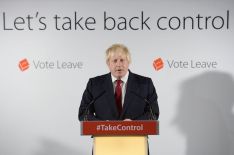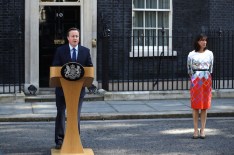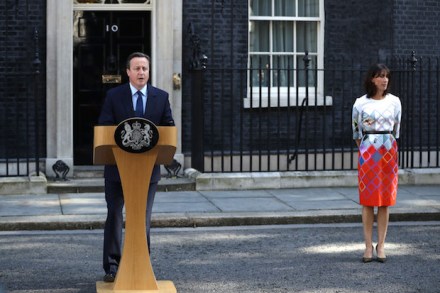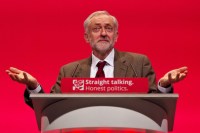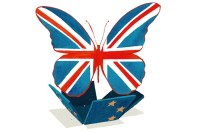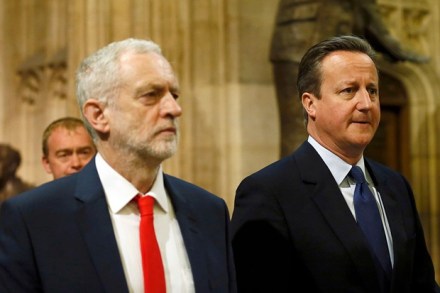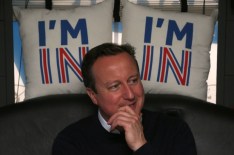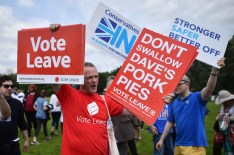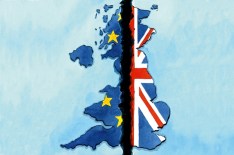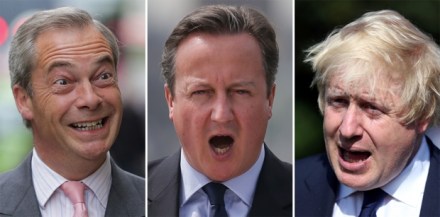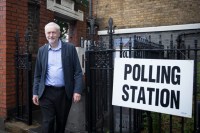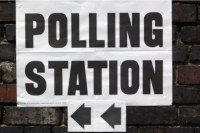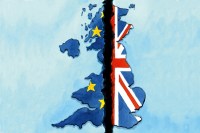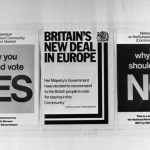This EU anarchy is more interesting than the alternative
Don’t know about you, but the healing process is proving difficult from my point of view in dealing with my friends and family. My daughter, who is 9, broke down and cried over breakfast when she heard the result. Which is nothing to what her class will do: to a child, they’re solidly pro-Remain, and I know who’s spreading the message too – one of the little girls’ fathers is a journalist who worked himself up into a state of incoherence at the very thought of Brexit… he’s probably lying down in a darkened room right now. A colleague of mine whom I’d always thought of as rather a good



